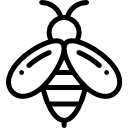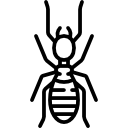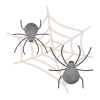Mosquitoes
What are Mosquitoes?
Mosquitoes are small flying insects with dark, slender bodies, filmy wings, and three pairs of long delicate legs. Female mosquitoes come equipped with an elongated mouthpiece that is designed to pierce the skin of humans and mammals so they can feed on their blood. This blood helps to stimulate the production of their eggs. The actual bite of the mosquito is generally painless. It is the saliva introduced during the biting process that causes an itchy reaction later on. Globally there are several disease-carrying species of mosquitos, including Aedes albopictus, which has a single bright white stripe on its back, Aedes aegypti which is striped black and white, and the small, brown Culex pipiens mosquito.
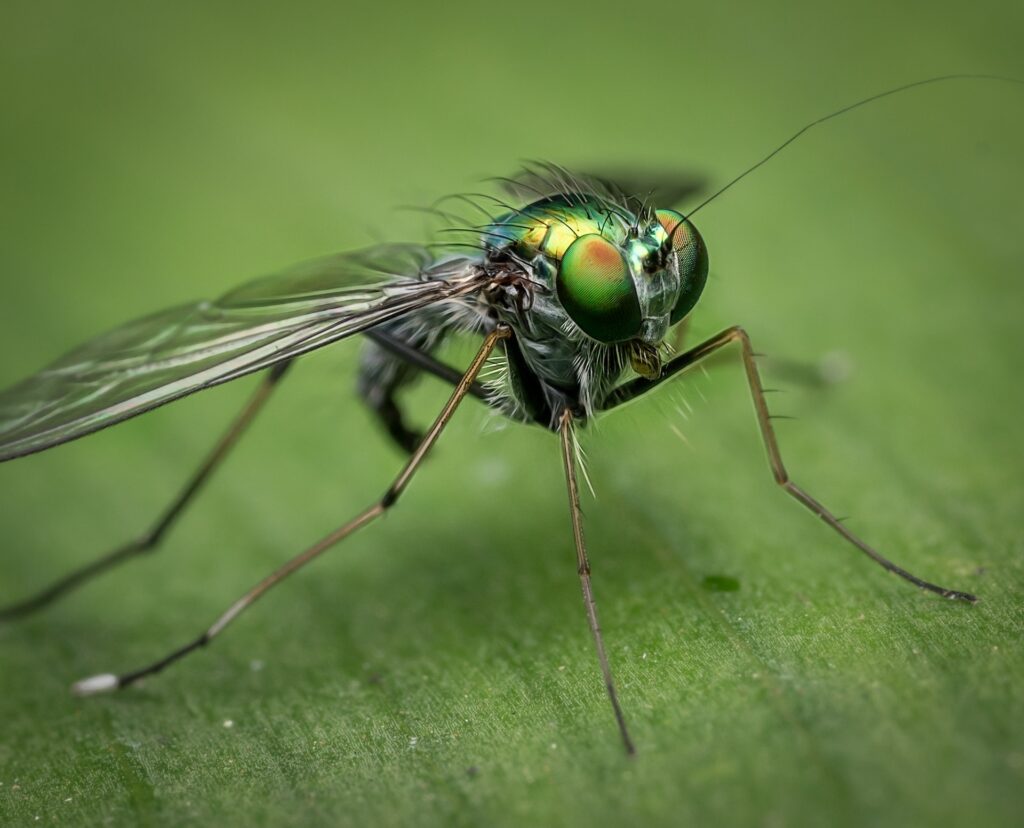
Types of Mosquitoes
There are more than 3,000 kinds of mosquitoes, but only three are primarily responsible for transmitting illnesses to humans.
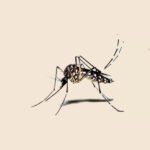
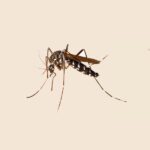
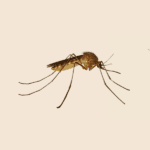
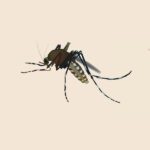
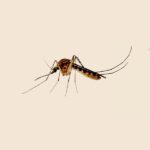
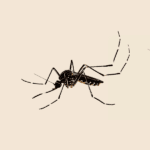
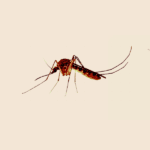
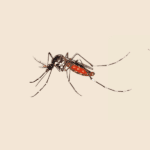
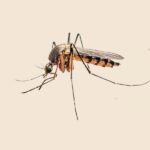
Risks Associated with Mosquitoes
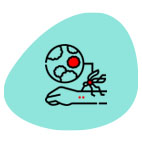
Mosquito Bites Transferring Diseases
Mosquitoes are capable of carrying and transmitting bacteria, parasites, and viruses, including Dengue, Malaria, EEE, West Nile, and Zika.

Light Attracts Mosquitoes
Lights that provide bright areas around homes attract mosquitoes.

Itchy Bites
Mosquitoes will leave itchy bites after they bite you, which could lead to a secondary infection if you scratch and microorganisms enter the wound.
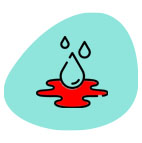
Standing Water
Mosquitoes breed in standing water, so properties near ponds, marshes, depressions, and containers that collect rainwater are a risk.
A pest free home is a happy home
We make it happen!
"Simple, Reliable, Affordable"
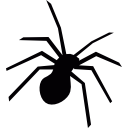
Biting
